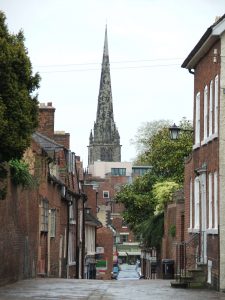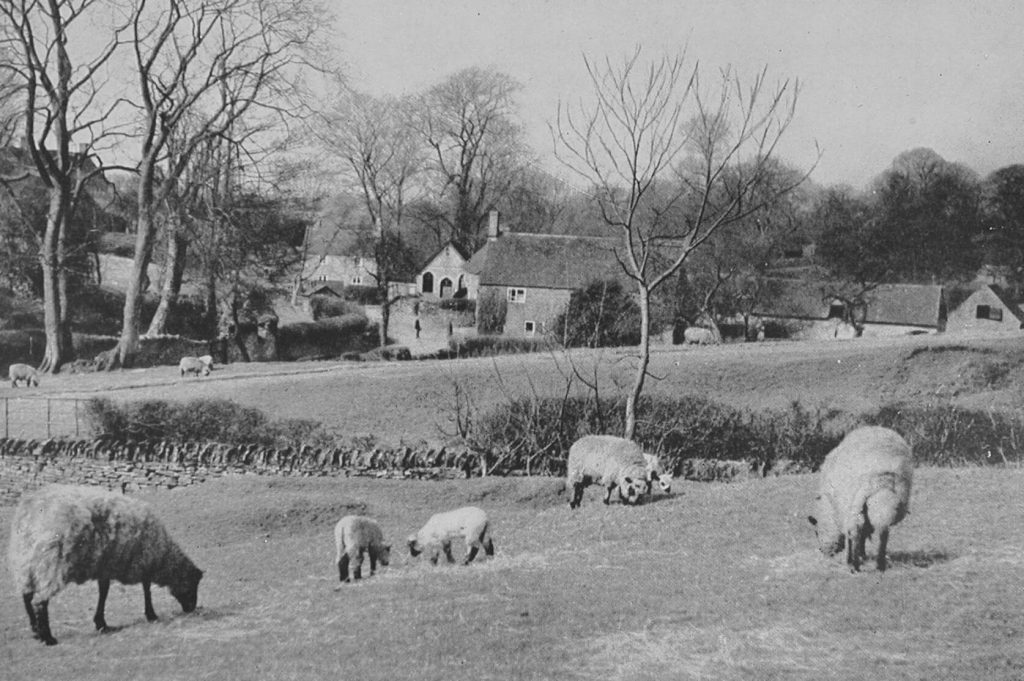After exploring the recordings held by our Staffordshire collection holders in the last two posts, we now move onto the county of Shropshire and the sound recordings held by Shropshire Archives. The archives are located in the county town of Shrewsbury and contain a vast amount of archival material related to the history and administration of the county including documents, maps, photographs, and (of course) sound recordings. The UOSH Midlands team worked with three collections held by Shropshire Archives: the Folklore of Shropshire collection, Shropshire Museums Service Oral History Recordings, and the Telford Development Corporation Records.

The Folklore of Shropshire collection consists of oral history interviews, dialect recordings, and poetry readings related to the history and folklore of Shropshire. The recordings showcase the Shropshire dialect and highlight the nuances in speech between residents from different villages in the county. This makes the collection fascinating listen for anyone interested in speech and language development.
Examples of the Shropshire dialect can also be found in the interviews contained in the Shropshire Museums Service Oral History Recordings collection. During the 1980s Shropshire County Museums Service undertook oral history interviews with Shropshire residents to document memories of life in the county. The interviews reflect Shropshire’s rural and farming heritage, with interviewees recalling activities such as bee-keeping, threshing, and dairy farming. The topics of folk music, entertainment, and local festivals are also covered, which highlight some of Shropshire’s rural traditions.

In contrast, the Telford Development Corporation Records collection has an urban focus, containing recordings related to the development of Telford New Town in the 1960s. These recordings include interviews with town planners and residents, and recordings of urban development meetings. Along with other archival material, the recordings narrate the social and political aspects which shaped Telford. The collection also highlights Telford as an important case study for reflecting on the wider New Towns movement.
N.B. Although the Telford recordings have been digitised they are not available on the British Library SAMI catalogue. More information on this collection is available on the Shropshire Archives website.
To find out more about Shropshire Archives and their collections visit their website. You can also use the British Library SAMI catalogue to explore the sound collections further.
Post by Elizabeth Gray.


 Subscribe to Colin Hyde's posts
Subscribe to Colin Hyde's posts
Comments are closed, but trackbacks and pingbacks are open.